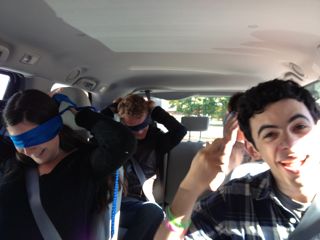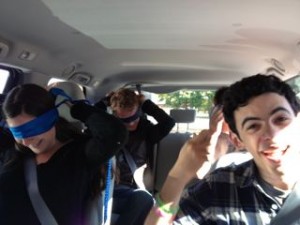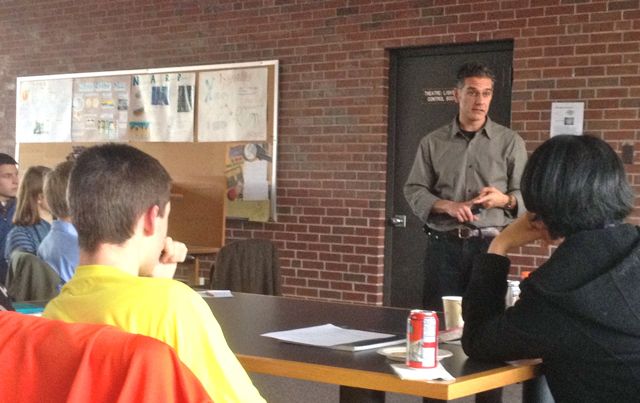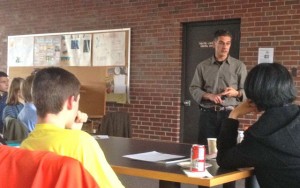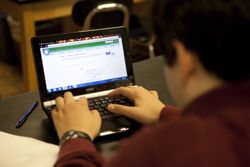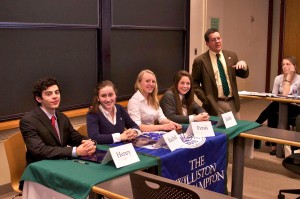 To say that the final scores in the We the People state competition on Saturday were close is putting things mildly. With final scores in the 900-point range, there was a just a 12-point difference between the top two teams.
To say that the final scores in the We the People state competition on Saturday were close is putting things mildly. With final scores in the 900-point range, there was a just a 12-point difference between the top two teams.
“It’s like being one point behind in a 90-point basketball game,” said Peter Gunn, faculty advisor for the school’s We the People team. “That’s how close it was.”
On Saturday, January 26, The Williston Northampton School team placed second out of nine schools—just a dozen points behind the winning Academy of Notre Dame. The second place finish was good enough for the team to earn a wild card ticket to the national championships in Washington, DC in April.
“Our young people made wonderful presentations,” Gunn wrote in an email. “They eloquently defended and extended their ideas in the following discussions.”


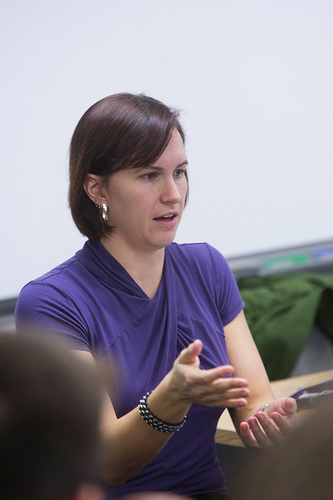
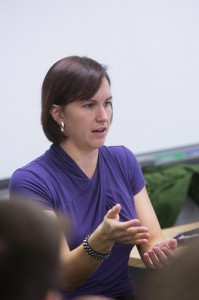 In early December, the two professors, plus two others from their program, brought that question to students at The Williston Northampton School.
In early December, the two professors, plus two others from their program, brought that question to students at The Williston Northampton School.